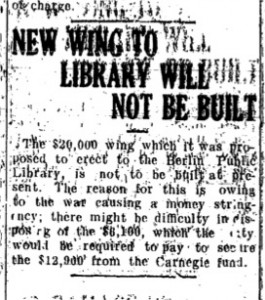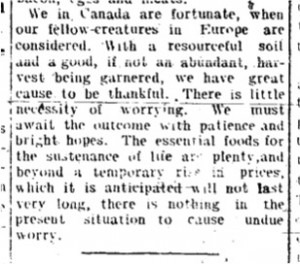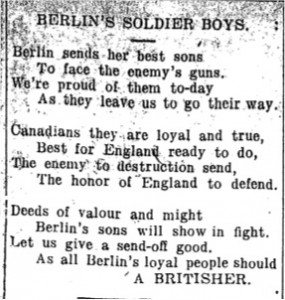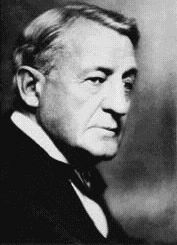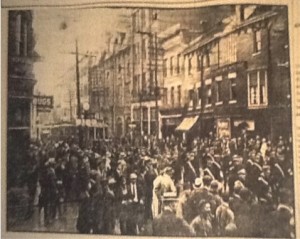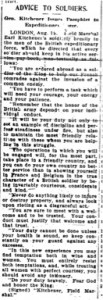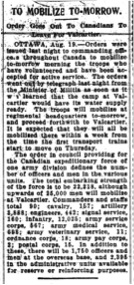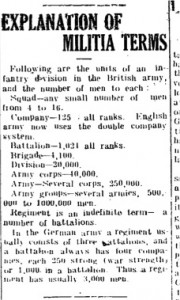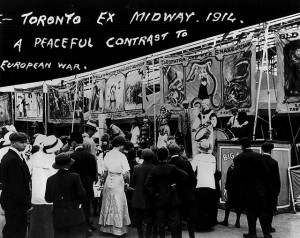The region continued to contribute to the hospital ship fund for the Imperial Navy and the Red Cross Society throughout August. Waterloo Region residents also donated goods that were needed, such as pillows, shirts, socks, mending kits, and fabrics to soldiers who were about to go to the front. The region was also willing to do without certain things in the name of the war effort. The Waterloo Public Library halted their renovation plans, feeling that such expenditure would be unreasonable during the crisis. By the end of August it was clear that Waterloo region strove to support the war effort through a variety of methods.
(“To Raise Funds for Canadian Hospital Ship,” Berlin Daily Telegraph, 11 August 1914; “Red Cross Society,” Hespeler Herald, 20 August 1914; “Supplies for Soldiers,” Elmira Signet, 27 August 1914; “New Wing to Library Will Not be Built,” Waterloo Chronicle-Telegraph, 20 August 1914; “Red Cross Society,” Hespeler Herald, 20 August 1914.)
